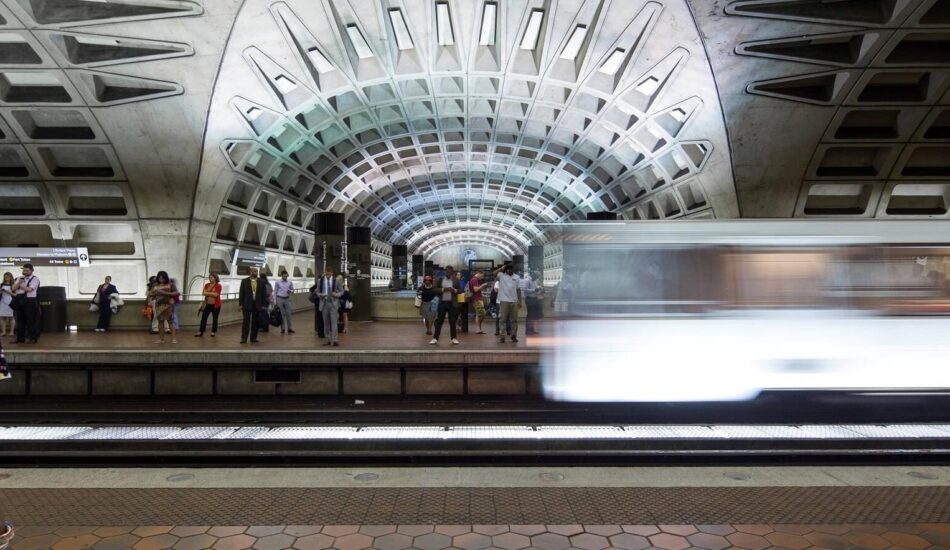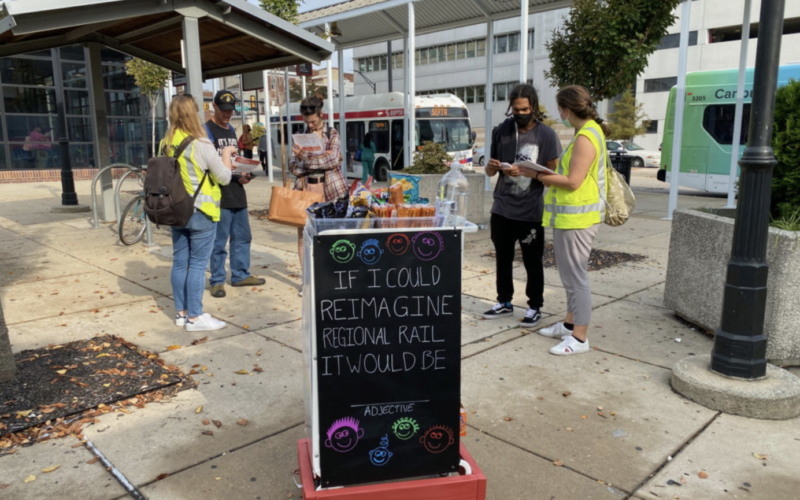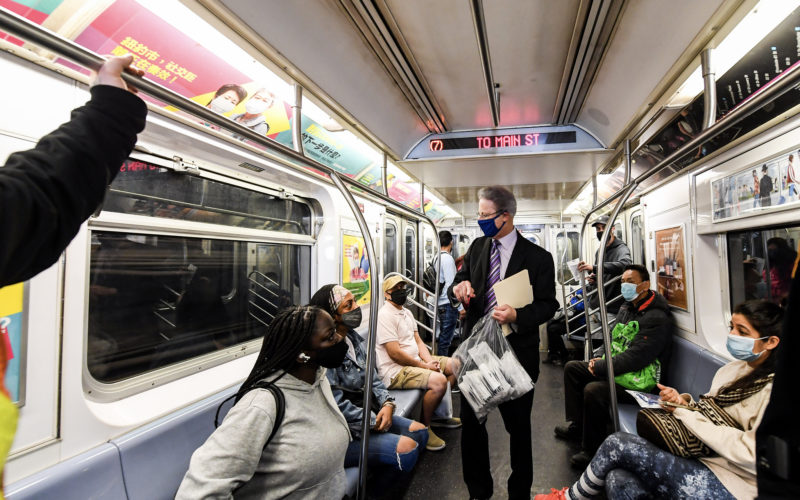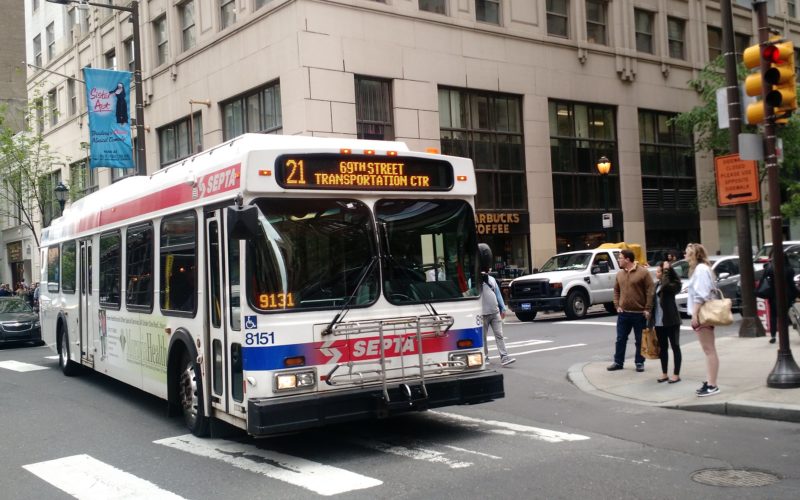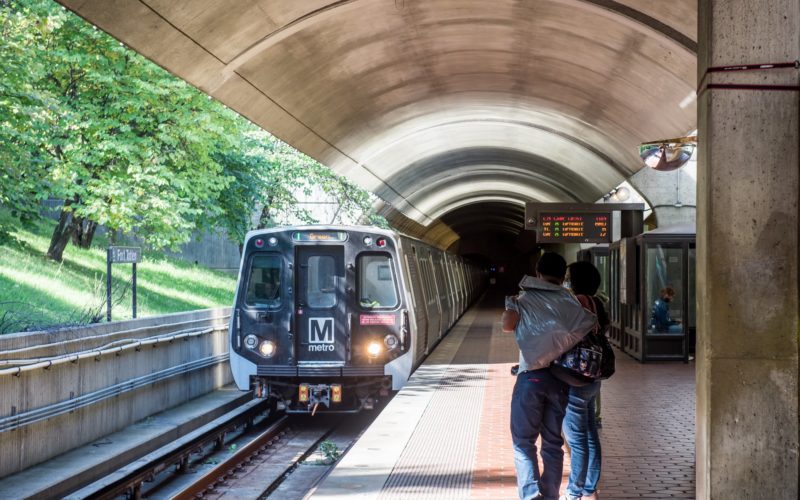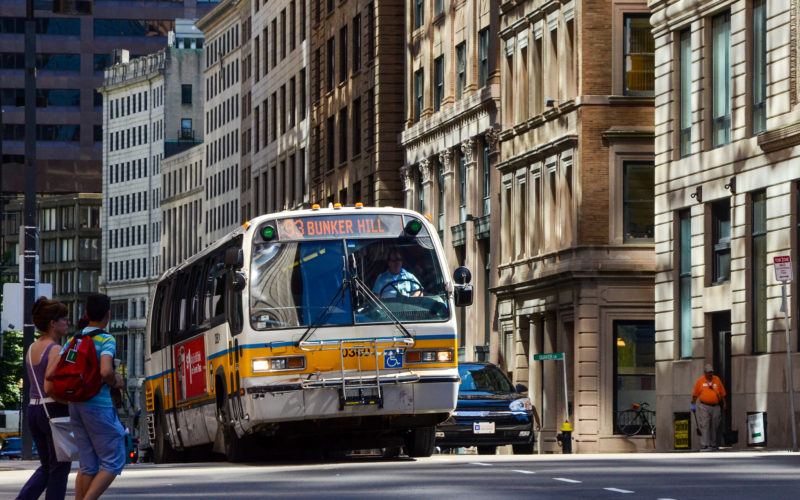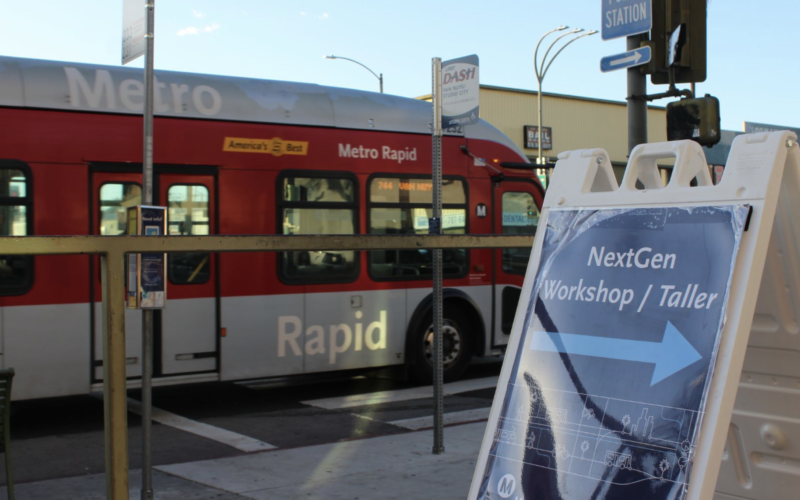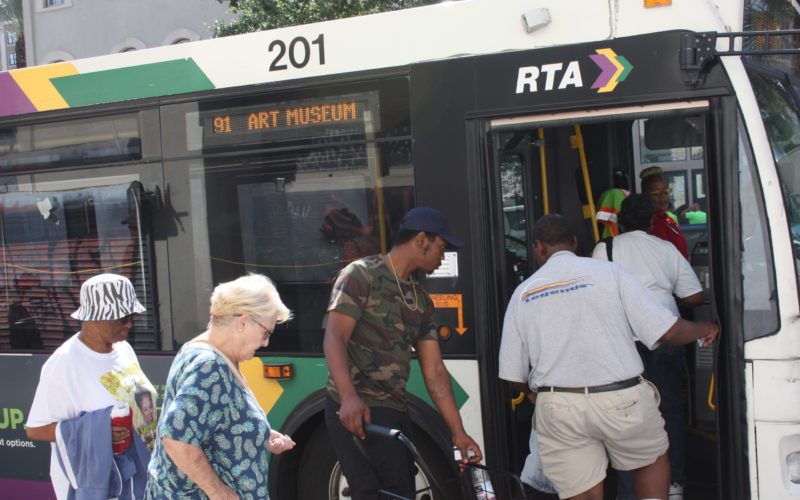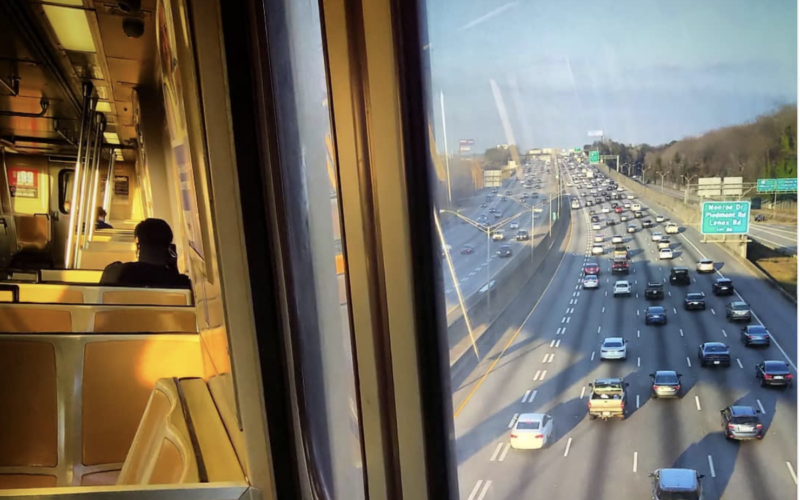The experience of being a WMATA rider has substantially improved over the last 18 months, thanks to changes the agency has made like adding off-peak service and simplifying fares. Things are about to get even better with the launch of all-door boarding later this fall, overnight bus service on some lines starting in December, and an ambitious plan to redesign the Metrobus network. But all of this could go away by July 1, 2024.
Read MoreThe Southeastern Pennsylvania Transportation Authority (SEPTA) has been working throughout the pandemic on several system-wide planning initiatives that have the potential to transform transit service in and around the city of Philadelphia.
Read MoreNew York City Transit’s service levels have remained remarkably strong throughout the pandemic. Crew operator availability remains the agency’s biggest challenge, as well as adjusting weekend maintenance schedules in order to run service that matches strong weekend demand.
Read MoreSEPTA reduced service during last winter's Omicron surge. However, service levels rebounded significantly by March 2022, especially on bus and metro rail.
Read MoreMechanical problems with the 7000-series train cars and lapsed rail operator certifications have caused rail service levels on WMATA to plummet, but the agency is running 100% of pre-pandemic bus service.
Boston's MBTA is facing a variety of safety and staffing crises that are limiting its ability to continue to provide 100% of pre-pandemic service.
Read MoreAgencies implementing bus network redesigns have to effectively communicate to riders how route changes will affect them.
Read MoreA bus network redesign proposed for New Orleans promises to greatly expand transit access to jobs, reallocating service to neighborhoods where residents rely on transit the most.
Read MoreFour years after the More MARTA referendum, what improvements are now tangible for Atlanta transit riders, and what can riders expect to see in the next four?
Read More